When most people hear “the scientific method,” their faces glaze over and memories of middle school chemistry class and dissecting frogs come to mind. There is certainly no one in my inner circle who associates the phrase with music! But if we seek its principles in music, then we find an amazing connection because music is filled with logical thought processes!
Identifying Learning Patterns
By Justin R. Hansen
In the 90’s and the turn of the century, it seemed that any person you met knew whether they were left- or right-brained. They either felt that they strongly exhibited the traits of one half or they had taken a “test” to help them figure it out; just for fun, here’s a good one: http://testyourself.psychtests.com/bin/transfer
The Globetrotting Musician
By Kate MacKenzie
You never know what doors will open for you as a musician. I’ve been lucky enough to have the opportunity to travel worldwide with my bassoon as early as middle school. It is amazing how music can cross all language and cultural divides; it allows us to share a fundamental human experience with all sorts of people. This has been such a special perk of being a musician that I did not expect as a child when I first began music lessons.
Singing With Noises
By Nathan Straub
When I first began learning how to sing, my imagination was limited in understanding what the voice was capable of doing. In fact, like most people I believed that great singers were born with skill and everybody else made due with mediocrity. As I later learned at college, this is simply not the case.
All throughout college, and at no fault to my incredible voice teacher, I struggled with my voice. It was too small, couldn’t sing big enough high notes, and wouldn’t last longer than a few songs before wimping out. While I was practicing late one evening, I had a crazy thought. What if people who had naturally beautiful voices were just used to using their voices the right way, and everybody else had it wrong to start with? What if beautiful singers were told from day one that their natural voices were beautiful, and so they didn’t need to worry about sounding “bad.”
The Legacy of Clara Schumann
By Kate MacKenzie
One of my youngest piano students inspired the topic of this month’s blog post about a very important musician and composer named Clara Schumann (1819-1896). Her husband, Robert Schumann, was a very prominent composer of the time. However, Clara’s work and talent went largely unnoticed because it was believed that women should not compose music, nor should they perform publicly. Though she was heavily supported in her musical education on the piano (she was considered a child prodigy), she was expected to focus on her homelife once she was married.






